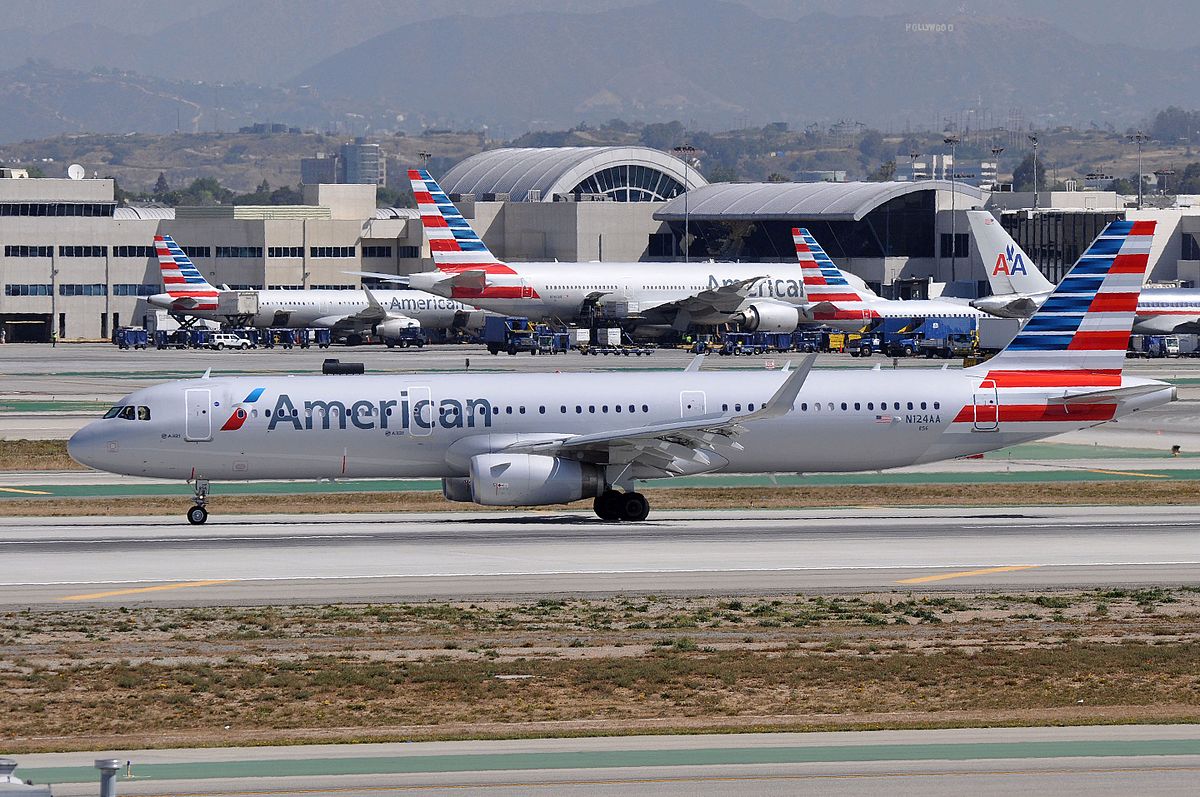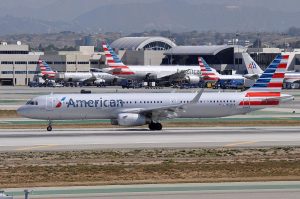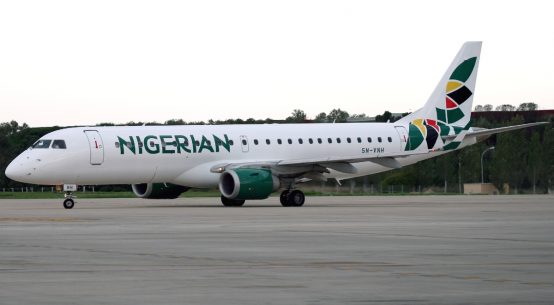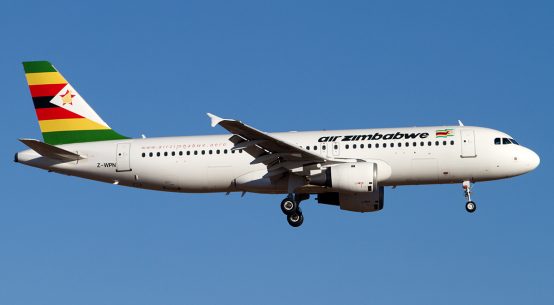

Airlines in Nigeria and the entire African region recorded the lowest financial performance globally For the third consecutive year, according to the International Air Transport Association’s ‘Economic Performance of the Airline Industry’ for mid-year 2017.
The IATA report, which was released during its Annual General Meeting in Mexico, is semi-annual and takes a broad look at how the airline industry is adding value to its consumers, the wider economy and governments, as well as its investors.
The African region recorded a load factor of 52.9 per cent in 2017 as against 63.0 per cent by Asia Pacific, 57.5 per cent by the Middle East, 60.9 per cent by Latin America, 56.5 per cent by North America and 63.7 per cent by Europe.
The region had recorded 55.1 per cent in 2016, down from 57.7 per cent in 2015.
IATA noted that losses had emerged again due to regional conflict and the impact of low commodity prices.
“Breakeven load factors are relatively low, as yields are a little higher than average, and costs are lower. However, few airlines in the region are able to achieve adequate load factors, which average the lowest globally at 52.9 per cent in 2017. Performance is improving, but only slowly,” the association said.
African governments had in a bid to grow the aviation industry, developed an open skies policy, known as the Yamoussoukro declaration for the liberalization of African skies for the continent’s airlines, but analysts have said that the policy’s downside had seen many domestic airlines within the region impoverished.
The Chairman, Airline Operators of Nigeria, Capt. Nogie Meggison, said that unfavourable policies, such as the open skies operations and the Bilateral Air Service Agreement between Nigeria and some other countries, were some of the problems that had continued to hinder growth in the industry.
He said such policies were forcing domestic airlines to compete with foreign and bigger African carriers with greater expertise and capacities.
The Chief Executive Officer, CITA Petroleum, an aviation fueling company, Mr. Thomas Ogungbangbe, however, said that the business performance of Nigerian airlines was limited by the professional background of their owners, their entrepreneurship capabilities and preferences, cultural and religious beliefs, inadequate marketing strategies, as well as marketing research and technology.
He explained that marketing remained one of the most important aspects of any business and airlines were not an exception.








